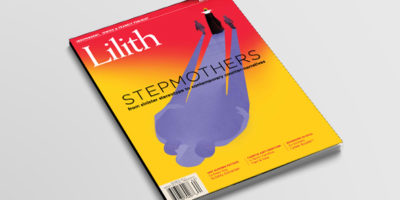The Housewives of Higher Education
Academia’s war on women is real. Even though women outnumber men both in college enrollment and graduation rates, colleges aren’t exactly bending over backwards to accommodate them. From skyrocketing costs resulting in women taking out more loans — and incurring more debt — than men, to the complicity of administrators in on-campus sexual assault, women do not always feel particularly welcome on campus. Not to mention that once women graduate, they will earn at least 20% less than men.
Perhaps more important, however, is the correlation between a decreasing interest in the humanities and an exponential increase in adjunct labor. Of course, it’s not just women in the humanities who suffer. Women in research fields have long complained of discriminatory practices and sexism from colleagues and administrators. Meanwhile, bias against mothers continues to hold women back from achieving tenure. Statistically, however, many more women work in the humanities than in the sciences, and over 55% of female humanities faculty are adjuncts, or “contingent” workers. And so the devaluing of the humanities in higher education is bound up with our culture’s larger devaluation of women’s work.
Academia’s gradual transformation into an “adjunct nation” has disproportionately affected women.… Historically, female faculty have been pigeonholed into the position of adjunct. “Before women were allowed to be full professors, colleges often allowed them to teach at the adjunct level and wives of professors often picked up extra work as adjunct instructors,” Kay Steiger writes in The Nation. This association became so strong, according to Eileen E. Schell, that adjuncts became known as “the housewives of higher education.”
Like most housewives, female adjuncts are not properly compensated for their work.
Marcie Bianco in “Academia Is Quietly and Systematically Keeping Its Women from Succeeding,” Quartz, April 30, 2016.



